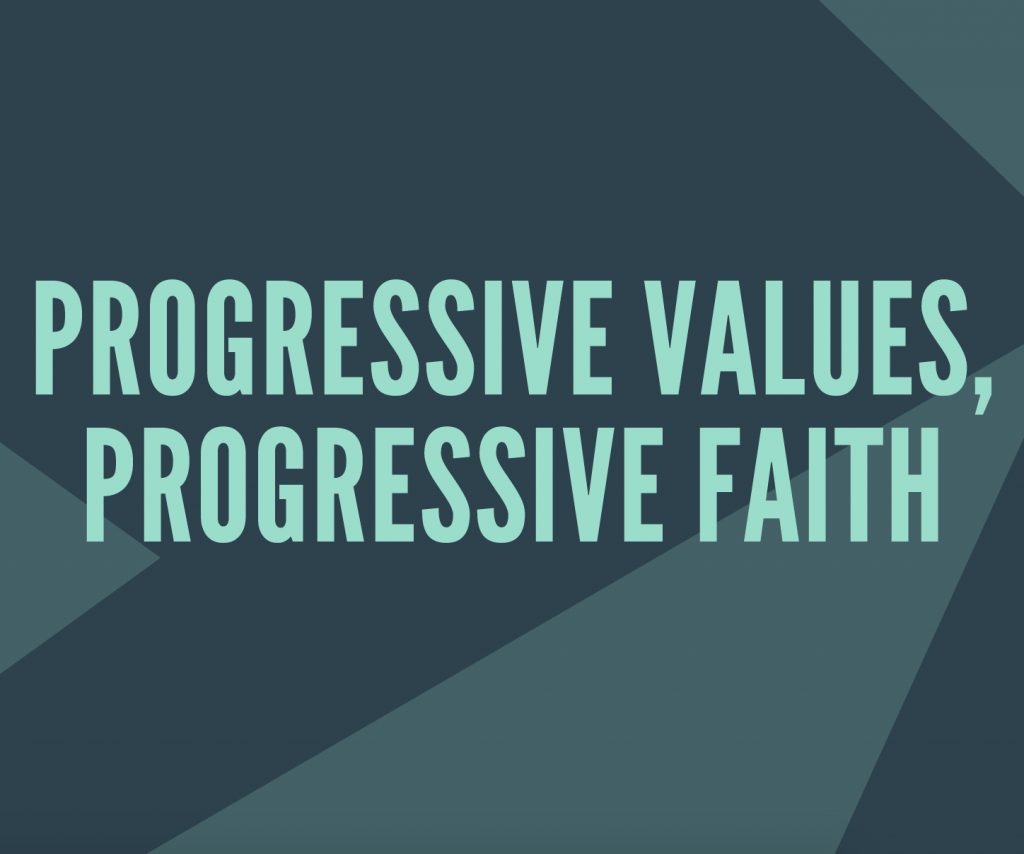
As I listened to the other Imagining Justice in Baltimore fellows share their thoughts on the text we had been studying during one of our meetings, I came to a realization. I scribbled it on the paper in front of me, “progressive values, progressive faith.”
That spring 2018 evening, we had been trying to glean insights into just policing practices from a text by Thomas Aquinas. In previous sessions, we had studied similar texts from the Jewish and Muslim faith traditions. Each text was written hundreds and hundreds of years ago, and each was written by men.
Our discussion that evening had turned, as it had in the sessions preceding it, towards the writers themselves. We analyzed how the identities of these writers — men in power, who lived in a time when their power was largely unchallenged — made it more difficult for us to draw upon these texts for social justice teachings. Liberation theology, by contrast, spoke more to us as socially-conscious members of faith communities.
For many years, the feeling that my faith tradition is too distant, that it lacks relevance to modern social justice issues, caused me to drift away from my faith community. When approaching social justice issues, I thought of them only in a secular humanistic context.
Once I became aware of, and involved in, more recent, progressive faith movements, I began to return to my faith community. These movements create spaces that provide re-claimed and re-interpreted paths to spirituality, an environment that is inclusive and welcoming to marginalized groups, and a deeper ethical underpinning for justice work. Bringing diverse voices — such as the voices of people of color, women, LGBTQIA+ people, and people with disabilities — into our faith traditions can allow those of us who advocate for social justice to feel that our faith communities are progressing with us. I am proud to be a founding member of a new congregation in Baltimore that exemplifies this kind of radical inclusion.
In doing advocacy work, I’ve learned how our communities are powerful tools for social justice organizing. As a member of a faith community, I view the advantages — and the responsibilities — as two-fold: We are both representatives of, and representatives to, our faith communities. Not only are our faith communities channels through which we can find opportunities and platforms to advocate to those outside our communities, but they are also channels to reach those within our faith community. I have found that our fellow community members are often more likely to listen to us than they would a community outsider.
The amount of baggage our faith communities come with can feel overwhelming. It’s easy to be put off by the fact that, throughout history, our faith traditions have often been used as a tool of oppression, and that these oppressive structures still reverberate in many aspects of our traditions. But learning to embrace the task of addressing and undoing that damage has brought me closer to my faith community than I have ever been before. Bringing my social justice values into my faith tradition can feel like a spiritual experience. And even, sometimes, like holy work.
Noah Mitchell is Program Coordinator for the Baltimore Jewish Council, and a member of the 2018 ICJS Justice Leaders Fellowship.
Baltimore is part of a national conversation around questions of justice, race, and community. Members of the ICJS Justice Leaders Fellowship consider how Jewish, Christian, and Muslim teachings and practice can contribute to the public conversation about (in)justice. Opinions expressed in this blog are solely the author’s. ICJS welcomes a diversity of opinions and perspectives. We do not seek a single definition of justice between or within traditions.